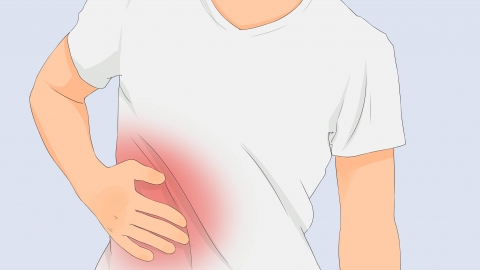Can portal hypertension be improved through surgery?
In general, whether portal hypertension can be improved through surgery depends on a comprehensive assessment of the specific cause, severity of the condition, and presence of complications. The detailed analysis is as follows:

If portal hypertension is caused by early-stage liver cirrhosis, portal vein thrombosis, or similar conditions, and the disease is mild—manifesting only as mild esophageal or gastric varices without severe complications such as liver or kidney dysfunction or ascites—surgical interventions like shunt surgery or devascularization procedures can often effectively alleviate symptoms. These surgeries help reduce portal venous pressure, lower the risk of variceal rupture and bleeding, slow disease progression, and significantly improve quality of life for some patients postoperatively.
However, if portal hypertension results from advanced liver cirrhosis or severe liver failure, or if complications such as refractory ascites, hepatic encephalopathy, or severe coagulopathy are already present, surgical improvement becomes much more difficult. In these cases, surgery carries extremely high risks and may worsen liver damage or even trigger multi-organ failure. Most patients require initial management with medications or interventional therapies to control complications before surgical feasibility can be evaluated, and some patients are not suitable candidates for surgery at all.
In daily management, it is important to promptly identify the underlying cause after diagnosis and evaluate surgical indications. Prior to surgery, patients should strictly follow medical advice to manage underlying conditions and optimize their physical status. After surgery, close monitoring of vital signs is essential, with vigilance for complications such as bleeding or infection. Patients should avoid strenuous exercise and emotional excitement to prevent sudden increases in intra-abdominal pressure that could trigger vessel rupture. Regular follow-up evaluations of liver function and portal pressure are recommended, with treatment plans adjusted according to recovery progress.







